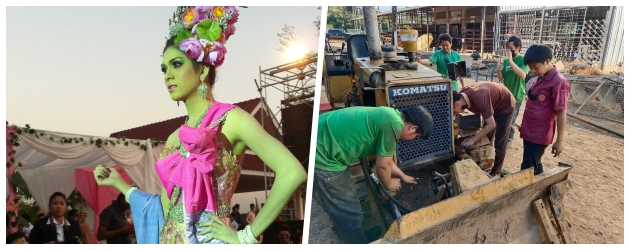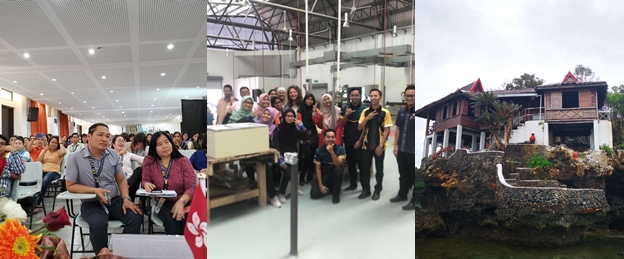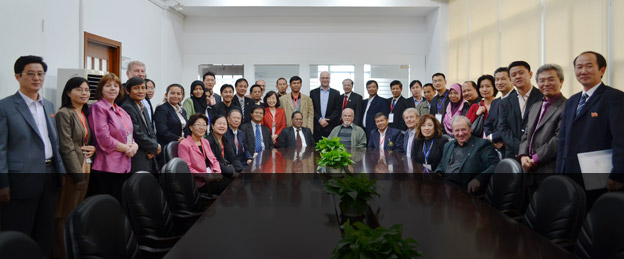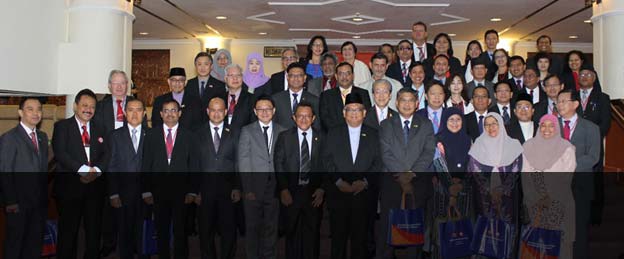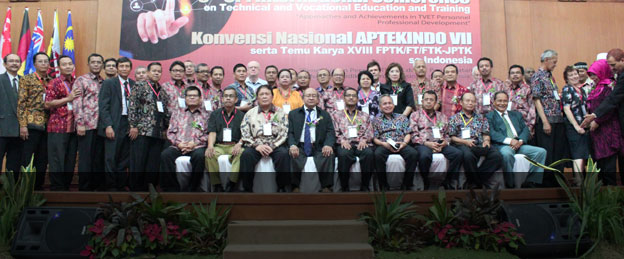Artificial intelligence (AI) has long been a present-day topic and is having an impact on the economy, society, skilled work and the work environment. However, there are often very different assessments of the effects: On the one hand the loss of jobs and even professions has been predicted, on the other hand new support and shaping options for work are emerging. In addition, AI is treated as a powerful buzzword without considering the real technologies and requirements behind it. Nevertheless, consequences for the world of work and its employees can only be derived and vocational training concepts designed if the handling of AI in skilled work has been concretized beforehand.

Prof. Dr. Dr. h. c.Georg Spöttl
Director of Steinbeis Transferzentrum InnoVET, Visiting Professor UTHM Malaysia
University Bremen / Steinbeis Transfer Center
Germany
SAB, Issue 2, Issue 4, Issue 7, Issue 8
Field of expertise/main research projects:
Teacher training in TVET, quality and quality Development of TVET, work-process based research, development of ocuupational profils and curricula, industrial change because of the 4th industrial revolution and research in the car serive sector, design of learning processes.

